Surrounded by soaring glass skyscrapers adorned with the names of the world’s biggest institutions, Hong Kong’s famed Victoria Harbor embodies the city’s unbreakable confidence as an international financial center.
Hong Kong’s strength lies in its economic diversity. It has also developed a reputation as a global hub for innovation and technology (I&T), supported by world-class infrastructure, top-tier universities, and a vibrant start-up ecosystem. In 2022 it placed ninth globally in the World Digital Competitiveness Ranking.
 HKSAR: A Tale of Resilience and Adaptability
HKSAR: A Tale of Resilience and Adaptability
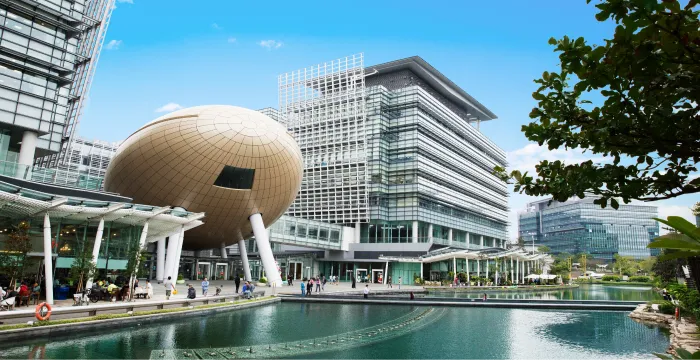 HKSAR : Hong Kong's Tech-Powered Future
HKSAR : Hong Kong's Tech-Powered Future
 HKSAR: Connectivity Driving Hong Kong's Fortunes
HKSAR: Connectivity Driving Hong Kong's Fortunes
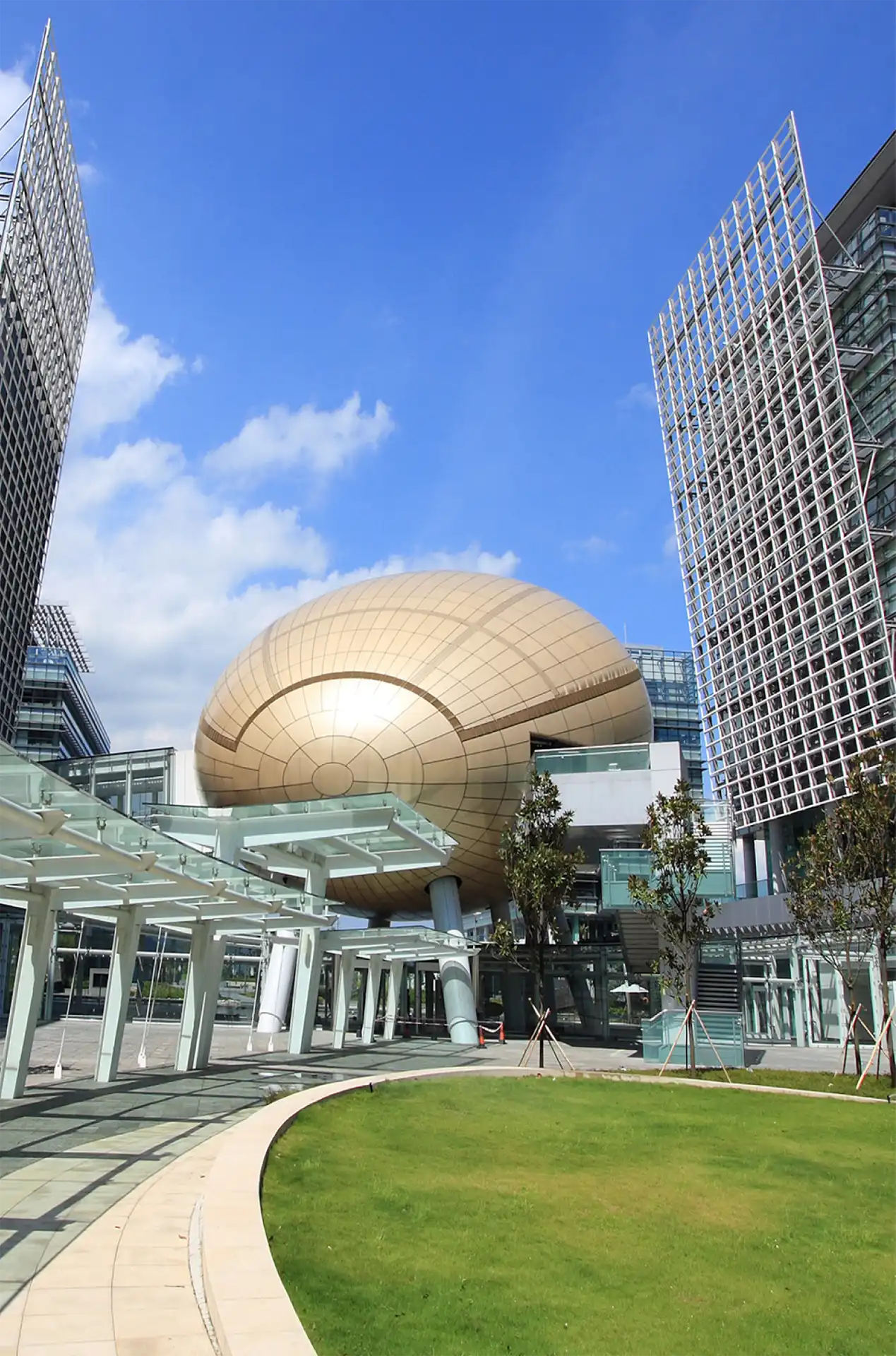
Kickstarting Innovation
Hong Kong’s focus on a tech-powered future goes back to the turmoil of the 1997 Asian financial crisis, which prompted then Chief Executive, Tung Chee Hwa, to explore ways to diversify the city’s economy and bolster it against future shocks.
His vision was for Hong Kong to become a knowledge-based, innovation-led economy based on a thriving technology sector.
The Innovation and Technology Fund (ITF) was created in 1999 to promote I&T in Hong Kong by financing projects that upgrade and develop manufacturing and service industries, thereby boosting the city’s economic growth. The ITF provides support across five areas: research and development, facilitating technology adoption, nurturing I&T talent, helping technology start-ups, and fostering an I&T culture.
The ITF started with four funding schemes and has grown to 17 in response to changes in Hong Kong’s I&T ecology, as well as developments such as the increased cooperation between Hong Kong and the mainland. To date, the Hong Kong SAR Government has approved almost HK$31 billion ($4 billion) under the ITF for more than 60 R&D centers and laboratories.
The establishment of the Hong Kong Science and Technology Parks Corporation (HKSTP) in 2001 was a pivotal moment for the city’s high-tech aspirations. Backed by state-of-the-art facilities – which include the four-million-square-foot Science Park campus at Sha Tin – HKSTP has been a catalyst for technology startups in cutting-edge fields such as artificial intelligence, robotics, Internet of Things, biomedical, and nanotechnology.
“We now have more than 1,200 technology companies at Science Park,” said Dr. Sunny Chai, Chairman, HKSTP. “There’s also a community of more than 18,000 people working across a number of sectors, which includes almost a quarter of the city’s research and development talent.
“HKSTP is dedicated to nurturing young talent to inspire and drive success in Hong Kong’s I&T sector,” Chai said. “We bring together a world-class pool of local talent and global innovators and extraordinary entrepreneurs who embrace cultural diversity. Through our incubation programs we offer mentorship, funding and R&D support, as well as investor-matching services for future tech leaders. We also support startups with professional advice, specialized equipment, and communal facilities such as research laboratories.”
Hong Kong’s rapid digitalization has also given rise to its ambition to become a smart city. The government has embraced innovation and technology to make the city more attractive for business – especially in high-tech sectors – and a greener and more liveable place for its seven million people. Examples include the creation of an intelligent transportation system – which features automated road tolls – autonomous vehicles that enhance mobility, as well as the continued expansion of smart infrastructure such as 5G mobile networks to drive greater capacity and connectivity.

Backing the Innovators
As a key entry point for investors and businesses looking to expand into mainland China and the rest of Asia, Hong Kong is an attractive investment destination and an ideal place to raise funds.
The city is the fourth-largest fundraising destination globally, with 27 initial public offerings (IPO) announced in the third quarter of 2022, that raised $6.6 billion, more than twice the figure for the first half of the year.
The Hong Kong SAR Government recently announced it would set up the Hong Kong Investment Corporation Limited (HKIC) to optimize the use of the city’s financial reserves and promote the development of industries and the economy. The HKIC will pool financial resources from existing funds to attract and support local as well as foreign ventures in the city.
Similarly, HKSTP’s Venture Fund, which totals more than HK$600 million in assets under management, provides backing for new enterprises at different stages of funding. According to HKSTP, for every HK$1 it invests in a startup, it attracts HK$19 in external investment. It has supported 27 tech ventures to date.
HKSTP also re-positioned three industrial estates as INNOPARKS in 2021 to drive re-industrialization with advanced technologies. New purpose-built facilities such as the MARS Centre (MARS) and the Advanced Manufacturing Centre (AMC), which provide one-stop production solutions for enterprises of all sizes, have been launched at INNOPARKS to strengthen the entire I&T ecosystem, from research to industry.
“We’ve seen 18 unicorns emerge in Hong Kong in recent years – and three of them were nurtured at Science Park,” said HKSTP’s Chai. “SenseTime, one of the world’s most valuable AI firms, SmartMore, a smart-manufacturing specialist, and delivery and courier service provider Lalamove.”
SenseTime listed on the Hong Kong Stock Exchange in 2021.

The Inside Take
With five of its universities recently named among the world’s top 100, many of Hong Kong’s emerging startups were born out of the city’s strong academic and research tradition.
Fano Labs, one of HKSTP’s partner companies based at the Hong Kong Science Park, is a case in point. The AI specialist helps businesses such as airline Cathay Pacific in areas including conversational AI to enhance customer services, and was spun off from a research group at the University of Hong Kong.
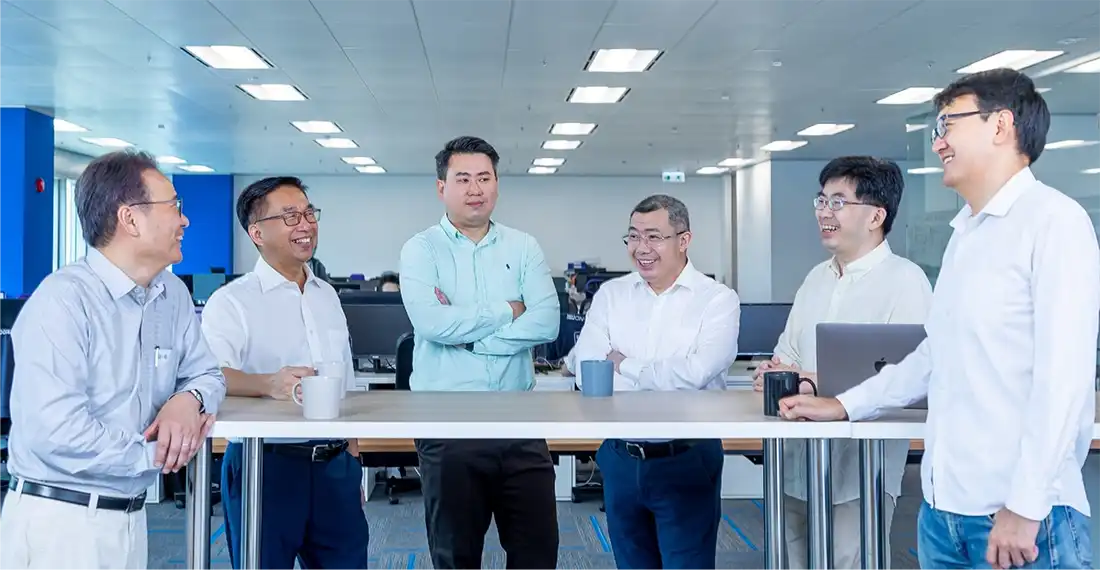
“This is where most of our core technologies in the market originated,” said Dr. Miles Wen, the founder and CEO of Fano Labs. “With support from Hong Kong Science Park’s flagship incubation program for tech companies, we were able to take the next step and leave academia to set up a company.
“We received almost HK$3 million in funding and were given free office space for the duration of the three-year program,” said Wen. “We also received referrals from Hong Kong Science Park for prospective investors, as well as support from the Hong Kong Innovation and Technology Commission around marketing and commercializing our business.”
Wen added that Hong Kong’s position as a global financial center has been a catalyst for further growth.
“We can attend many of the city’s international exhibitions and have access to big players in the market operating here – multinational institutions like banks and insurance firms,” said Wen. “Meanwhile, Hong Kong Science Park continues to give us referrals when they hear about a client looking for a particular service that we can help with.”
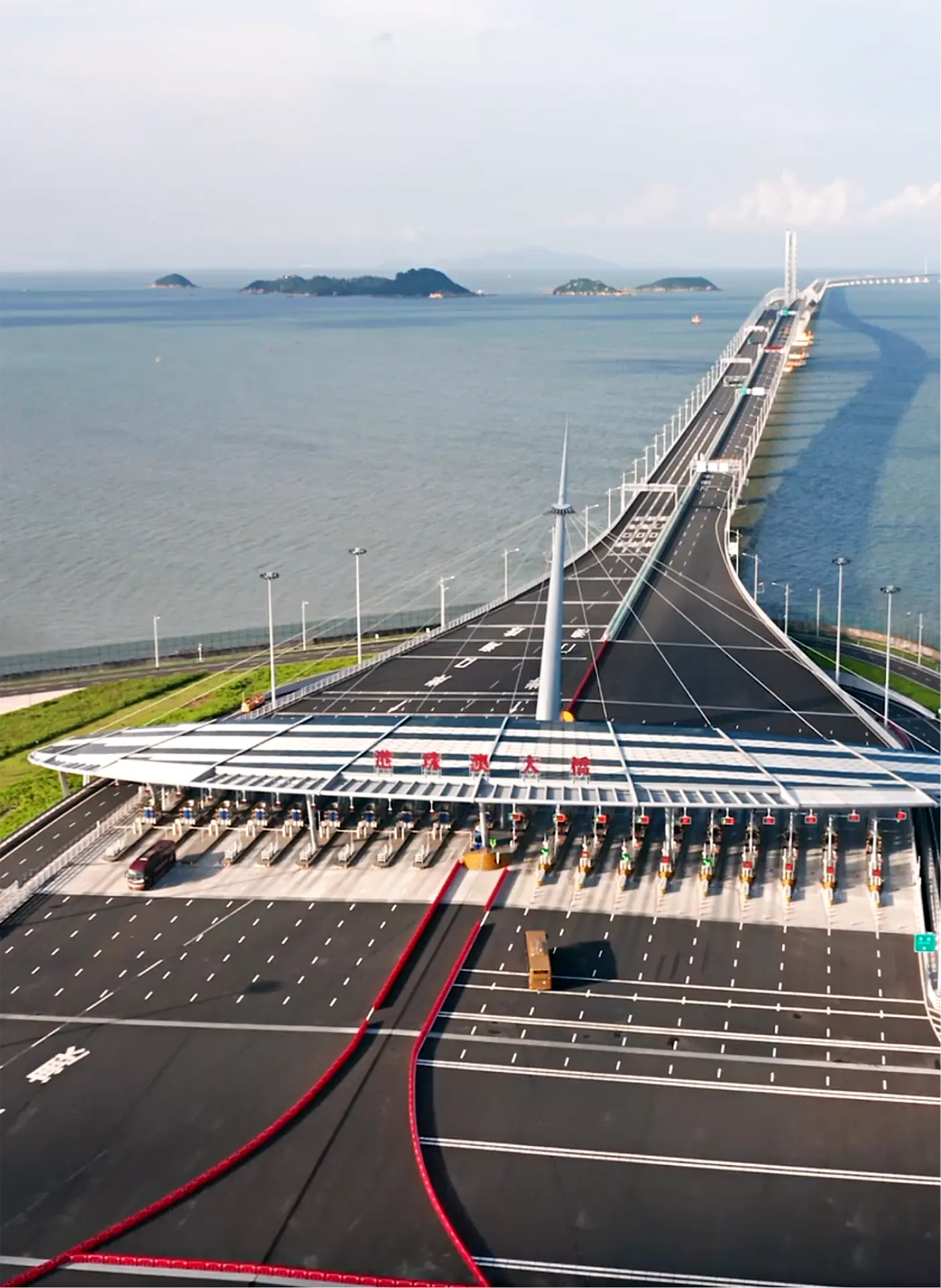
Looking Ahead
Hong Kong’s strategic location within the Guangdong-Hong Kong-Macao Greater Bay Area (GBA) will help to power the city’s I&T development in the future. Under the National 14th Five-Year Plan, the GBA will become an international science and technology innovation center by 2025, offering enormous opportunities for Hong Kong in terms of talent-sharing, R&D, and access to 86 million people in a market worth more than $1.9 trillion in 2021.
“With its infrastructure, IP protection and other advantages, Hong Kong remains a springboard for mainland ventures eyeing foreign markets, and gateway for multinationals in their tilt to Asia,” said Falcon Chan, Partner, Southern Region Strategy, Analytics, and M&A Lead at Deloitte China.
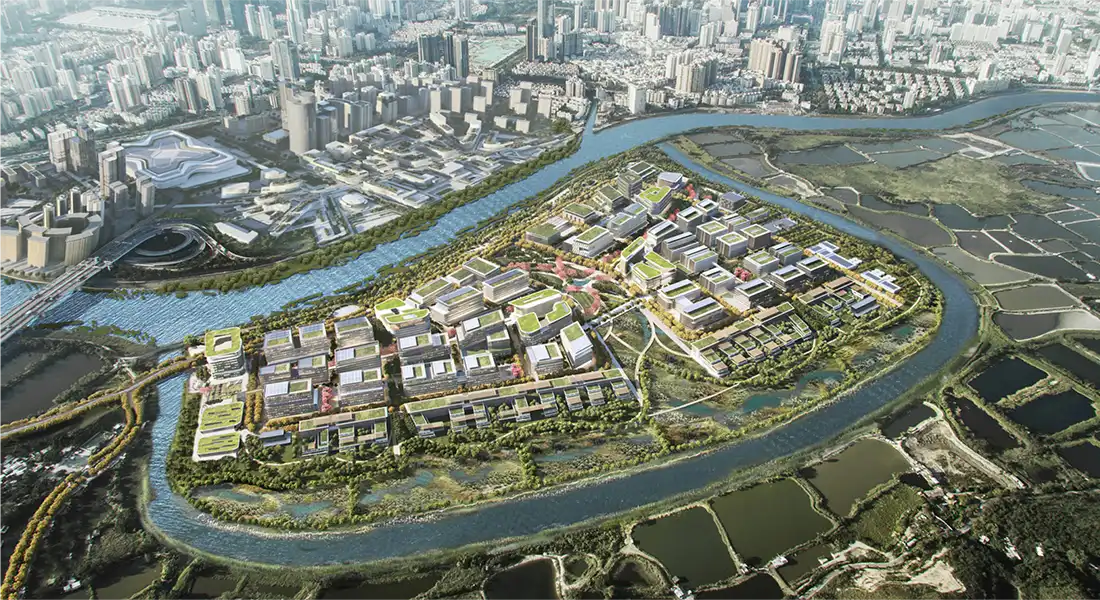
“But we need to increase cross-boundary connectivity with the mainland, starting from translational research to commercialization outcomes, and by promoting talent mobility between Hong Kong and the mainland,” Chan said. “The point is to encourage talent from across industry and academia to cross-pollinate and fuel innovation, elevating the GBA ecosystem into a world-class economic zone.”
The proposed Hong Kong-Shenzhen Innovation and Technology Park (HSITP), being developed at the boundary between the two cities, has been conceived for that very purpose. With a focus on the development of healthcare technologies, big data and AI, robotics, new material, microelectronics and fintech, HSITP has been touted as an incubator for future tech giants.
“There’s a tremendous opportunity,” added Chan. “But we need to move at breakneck speed. The key is to deepen research and technology handshakes between Hong Kong and Shenzhen under the dual-circulation strategy. It will take a joint effort to transform the GBA into an innovation and entrepreneurship powerhouse with international influence.”
Learn more
